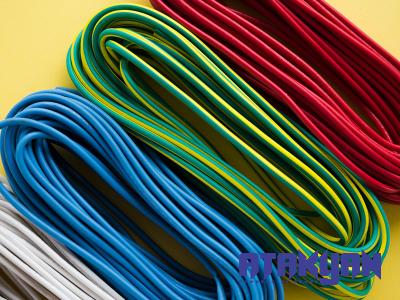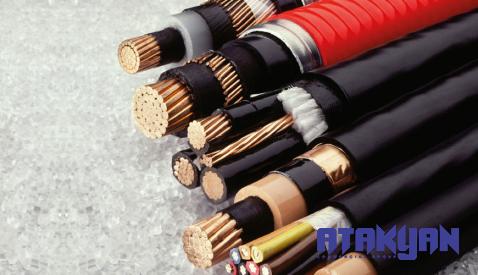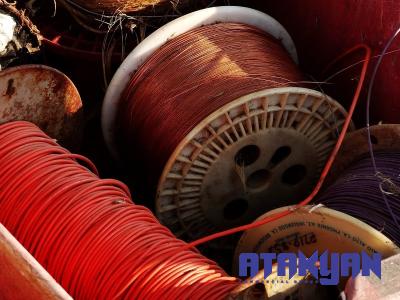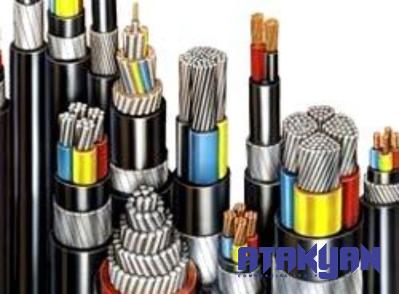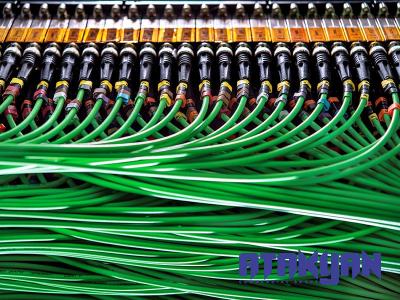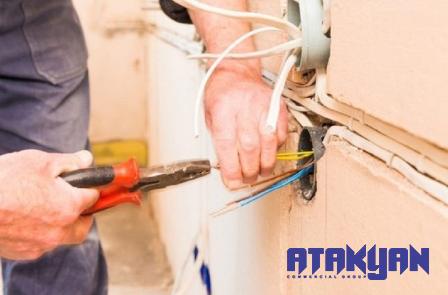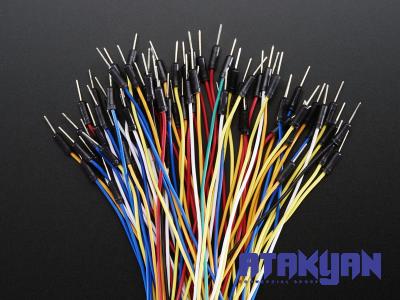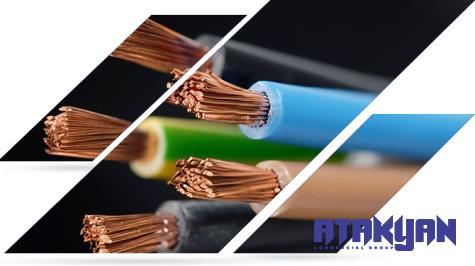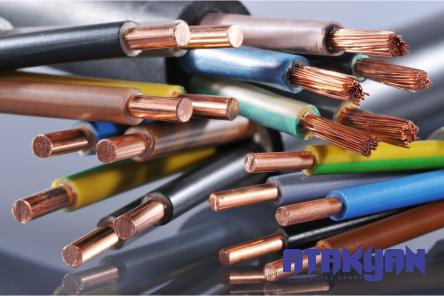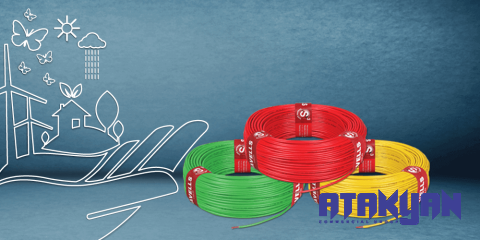Ensuring Strength and Safety Structural steel plays a vital role in the construction industry, providing the foundational framework for buildings, bridges, and other large-scale structures. The integrity and durability of these structures depend on the quality of the welds used in their construction. Welding electrodes for structural steel are specifically designed to meet the demanding requirements of these applications, ensuring strong and reliable welds. In this article, we will delve into the world of welding electrodes for structural steel, discussing their importance, factors to consider when buying them, and the price range. Welding electrodes for structural steel are specifically formulated for joining pieces of structural steel together. They are typically made of a core wire coated with flux, which acts as a shielding gas to protect the weld pool from atmospheric contaminants. The choice of welding electrode can have a significant impact on the quality, strength, and durability of the weld. One of the crucial factors to consider when buying welding electrodes for structural steel is the electrode’s classification. The American Welding Society (AWS) has established a classification system to help users identify the appropriate electrode for their specific application. Each classification is based on specific criteria such as the type of coating, welding position, and strength. It is essential to choose the right classification that meets the requirements of the structural steel being welded. Another important consideration is the electrode’s diameter. The diameter of the electrode affects the heat input, deposition rate, and the depth of penetration. Thicker electrodes allow for higher deposition rates and deeper penetration, but they may also require higher amperage and heat input. On the other hand, thinner electrodes provide finer control and are more suitable for welding thinner sections of structural steel. It is crucial to choose the appropriate electrode diameter based on the thickness of the material being welded. The type of welding process used is also a critical factor to consider. Common welding processes for structural steel include shielded metal arc welding (SMAW), gas metal arc welding (GMAW), and flux-cored arc welding (FCAW). Each process has its advantages and limitations, and the choice of welding electrode should be compatible with the chosen welding process. When it comes to the price of welding electrodes for structural steel, various factors come into play. The price can vary based on the electrode’s classification, diameter, and quantity required. Higher strength electrodes or those designed for specific applications may be more expensive than standard electrodes. Additionally, the brand and supplier can affect the pricing. It is important to note that while price is a consideration, it should not be the sole determining factor. Investing in high-quality welding electrodes is crucial to ensure the safety and integrity of the structures being built. An inferior electrode may result in weak welds, compromising the structural stability and risking the safety of workers and occupants. When purchasing welding electrodes for structural steel, it is advisable to source them from reputable suppliers. Reputable suppliers often provide high-quality electrodes that meet the required standards and specifications. This ensures that the welding electrodes perform optimally and provide the desired strength and durability in the welds. In conclusion, welding electrodes for structural steel play a critical role in ensuring the strength and safety of large-scale structures, such as buildings and bridges. When buying welding electrodes, it is crucial to consider factors such as the electrode’s classification, diameter, and compatibility with the chosen welding process. While price is a consideration, prioritizing quality and sourcing from reputable suppliers is essential. By selecting the right welding electrodes for structural steel, construction professionals can ensure that the welds are strong, reliable, and capable of withstanding the test of time.
